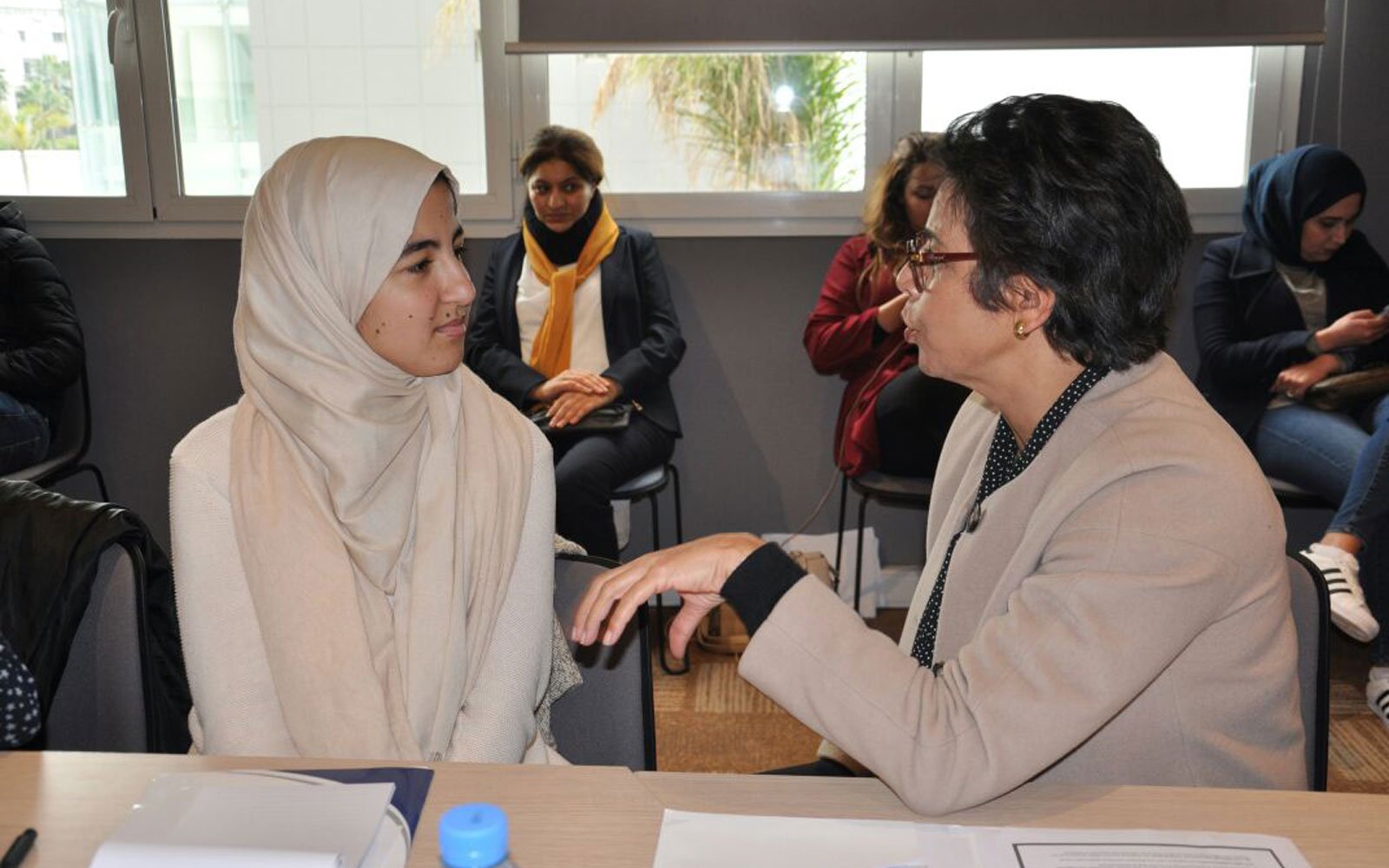Iraq - The UK Conflict Stability and Security Fund in Iraq is funding the National Democratic Institute (NDI) to conduct independent public opinion research across Iraq (download polling report). The first of six surveys has been released today.
Lebanese voters who participated in NDI's public opinion research following the country's long-awaited parliamentary elections on May 7 signaled dramatically increased optimism about the direction of the country, and held mostly positive views about the administration of the election itself. The results indicate that Lebanese voters cast their ballots with the country's stability in mind, with the hope that this could translate into economic development and job creation, which along with corruption and healthcare remain at the top of citizen policy priorities.
On June 14, 2018, NDI President Kenneth Wollack testified before the House Committee on Foreign Affairs. The hearing discussed support for democracy and human rights as an important American value and a core tenant of U.S. foreign policy. The hearing also discussed democratic backsliding and other challenges to the spread and consolidation of democracy.
NDI Ukraine's latest nationwide survey (completed in December 2017) showed several important trends, including growing support for gender equality in political life. For the first time, more than half of Ukrainians (52 percent) support the equal participation of men and women – or more women than men – in political life.
Several important social trends have been observed in NDI Ukraine's latest nationwide survey, completed in July 2017. These trends include growing support for gender equality in political life, rising demand for a more modern, service-based relationship between government and society, and increased willingness to participate in elections and civic activities.
Democracy, as an ideal of political organization and as a form of coexistence, has historically signaled a demand for greater equality and representation. The contemporary debate on democracy focuses on the capacity or inability of the political system to manage and represent the interests and needs of the population, considering its diversity, as well as the capacity to neutralize the historical structural expressions of inequality and discrimination towards broad sectors of the population.


